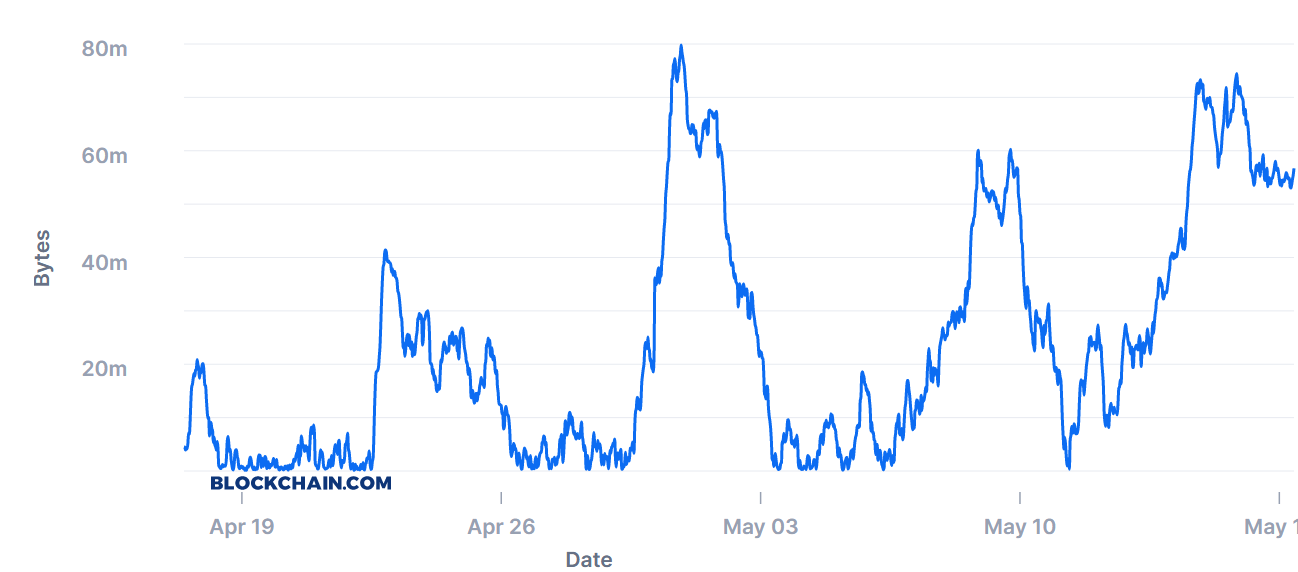

These fees are charged over and above any network-originated fees paid to miners.Īll cryptocurrency transactions are permanently recorded on the asset’s corresponding blockchain. Service or network fees are charged by third-party service providers that facilitate transactions, such as a Bitcoin ATM or buy crypto on an exchange. Transaction or miner fees are designed to incentivize miners and validators to confirm cryptocurrency transactions, and typically fluctuate depending how many transactions are waiting to be added to the current block. There are a few types of fees you'll encounter when conducting business in cryptocurrency, and each is slightly different.
BTC TRANSACTION FEE PLUS
For example, Bitcoin fees are charged by the miners and validators completing the transactions, plus any third-party service provider involved along the way. With few exceptions, fees pop up in any transaction where cryptocurrency changes hands, whether you’re buying or withdrawing from an exchange, or making or receiving a payment in crypto. But even though cryptocurrency fees are probably here to stay, with a bit of knowledge and planning there are plenty of workarounds that can alleviate some of their sting.Īhead, we’ll explain why cryptocurrency fees exist in the first place, the types of fees you can expect to encounter and some easy to implement strategies to help you pay less of them. Unfortunately, crypto fees are needed in order to sustain the vast networks of computers underpinning various blockchains and ensure their security.

Any crypto user will tell you the worst part of transacting in digital currencies is the fees attached to each and every transaction.


 0 kommentar(er)
0 kommentar(er)
